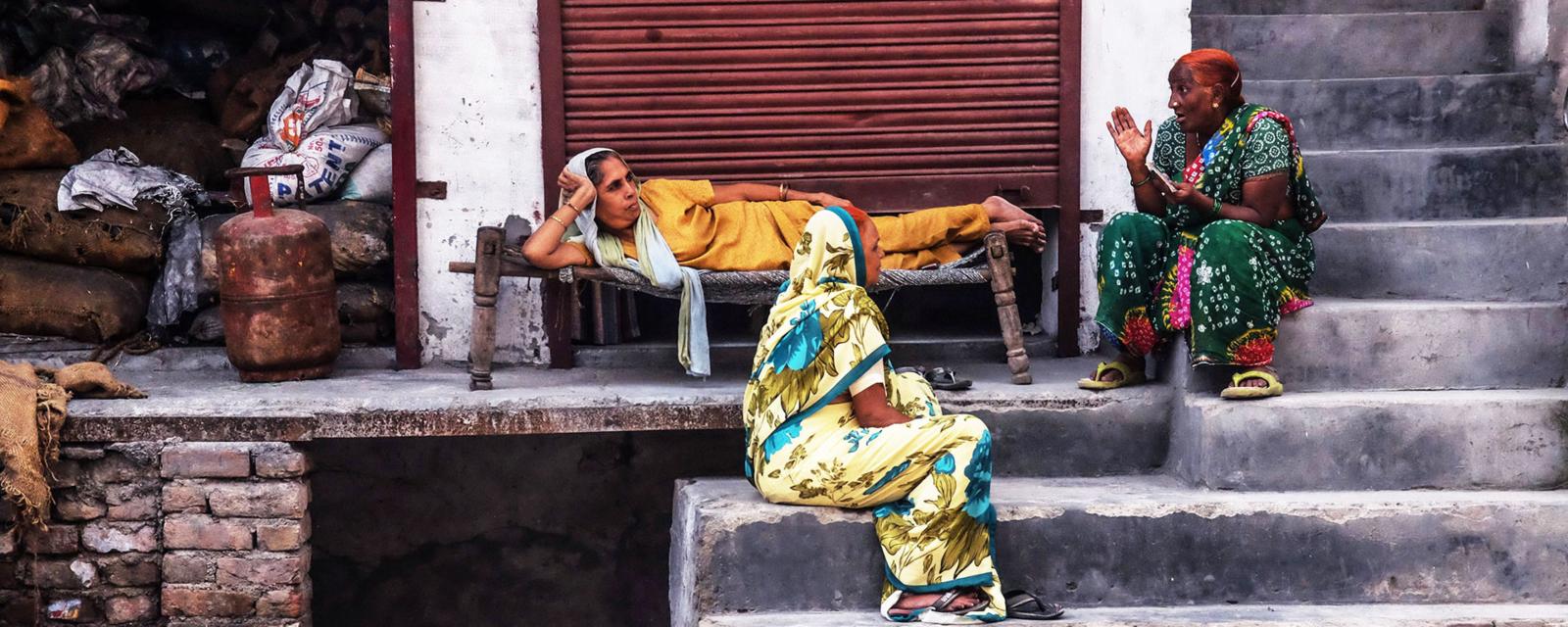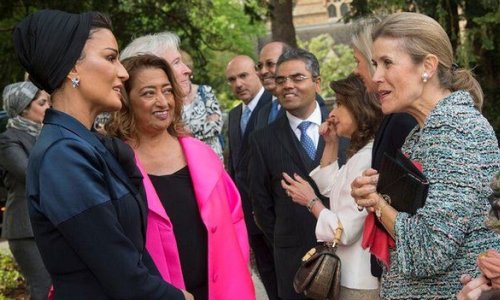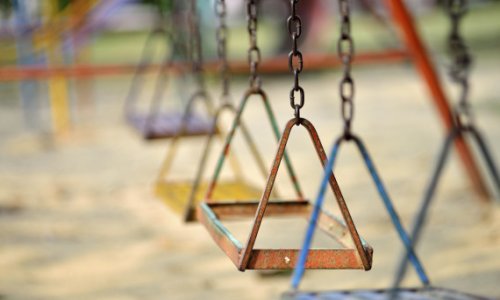Learning a new language is often a core part of moving abroad – but in some linguistically diverse places, expats will need to learn two or three languages just to get by.
According to data from Ethnologue, a reference work documenting the world’s living languages, the countries with the largest number of spoken languages include Papua New Guinea, Indonesia, Nigeria, India and the United States, all with more than 300 unique tongues spoken within their borders.
To understand how that language diversity impacts daily life, we sought out locals and expats in their most populous cities – where residents are most likely be exposed to a number of languages on a daily basis – and asked them what it’s like to live in a place where so many cultures and communities coincide everyday.
Port Moresby, Papua New Guinea
Not only does Papua New Guinea (PNG) has the world’s highest number of spoken languages (more than 800), it also has the highest language diversity index in the world; it’s incredibly likely that two randomly selected people in PNG would have different native languages. The diversity springs from the country’s geography of deep valleys and tough-to-navigate terrain, which kept hundreds of customary societies and clans separate for centuries.
As the capital and largest city in PNG, Port Moresby has drawn people from many of these small villages to find work, while a recent mining boom has attracted a sizeable expat community, making the city an increasingly diverse place to live. Safety is a top concern here, however, and precautions like not driving alone must be taken to avoid gang violence and organised crime.
Still, that shouldn’t deter people from experiencing life in PNG, said expat Clara Raven, who moved from London nearly two years ago. "What you get exposed to here is life changing,” she said. "It’s such a unique place to be.” While the lifestyle may not include spontaneous drives within the city, it does allow for weekends away to some of the world’s most beautiful beaches and mountain hikes throughout the country’s 19 very different provinces.
It’s easy to get around the city as an English speaker, since the country’s business language is English and many expats are Australian. You will also commonly hear Tok Pisen, Raven said, which is a pidgin English and one of the country’s four official national languages (which also include English, Hiri Motu and Papuan New Guinean sign language). "It’s very easy to understand, and it’s constantly evolving as a language,” she added.
Most expats live in European-style apartments, often paid for by their employers, in the areas of Ela Beach, on the water on the city’s south side, and Paga Hill, on the west side of the peninsula.
Jakarta, Indonesia
The most populous city in Southeast Asia, with 11 million residents, Jakarta attracts expats from throughout the region for its economic opportunities. As such, it’s common to hear a number of the more than 700 languages spoken in Indonesia. The country has a similar geographic diversity to PNG – in fact, they share an archipelago province – and is made up of more than 17,000 islands, which contributes to the sheer number of dialects.
"It’s refreshing; you get to meet people who are not of the same background as you,” said Jakarta native and grandson of Chinese immigrants Peter Richie Putra. "A lot of cultures are mixed with one another and that's a good thing.”
The diversity makes for one of the best food scenes around, especially late at night when street vendors come alive. Though it’s easy to find street food around the city, go-to hubs include Sabang, Bloc M and Pecenongan Street, where you’ll find everything from Indonesian fried rice and Chinese steamed buns to Middle Eastern martabak pancakes.
Expats often live in apartments in the wealthier neighbourhoods, such as walkable and affluent Menteng, 3km to the north of downtown; shopping oasis Thamrin, 5km to the east; and nightlife-hopping Kemang, 10km north. For those on a budget, it’s also common to rent a single room in a boarding house, known colloquially as kos-kosan.
To make friends with local Indonesians, you need to make the effort to get out of your own neighbourhood, said Brett McGuire, who moved to the city from Auckland more than 10 years ago. "It's a very vibrant dynamic city. If you are prepared to step out of your comfort zone, you will have a great time and be so much the better for it,” he said.
The country’s official language is Indonesian, and it helps to at least have a rough grasp of it in order to communicate in Jakarta. "I often hear people say that Indonesian is an easy language to learn. It's not. The truth is that Indonesians will let you butcher their language in the interests of communication,” McGuire said. "The result is that you can get away with very basic Indonesian. No one is going to laugh at you or correct your grammar. Most, if not all, Indonesians will be thrilled that you had a go at their language.”
Lagos, Nigeria
More than 500 distinct ethnic groups inhabit Nigeria, and each has their own language. Though many are spoken in small, rural villages, you’ll hear a large range of them in the country’s largest city and commercial capital, Lagos, especially as more rural migrants come to find work.
"It is pretty common for people to speak two or more languages in addition to English, which is the official language,” said Idowu Koyenikan, originally from Lagos and now living in the United States. After English, the major languages include Hausa, Yoruba and Igbo.
(BBC)
www.ann.az
Follow us !











